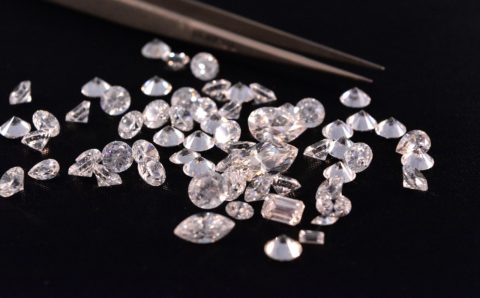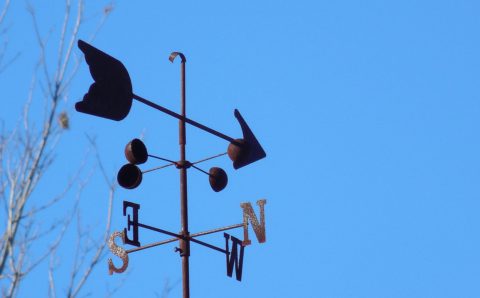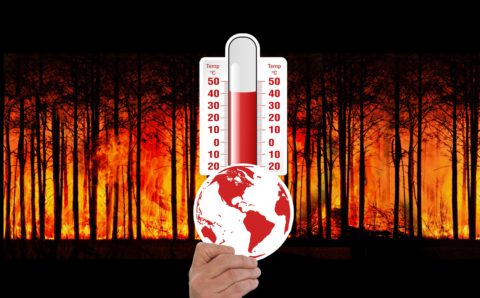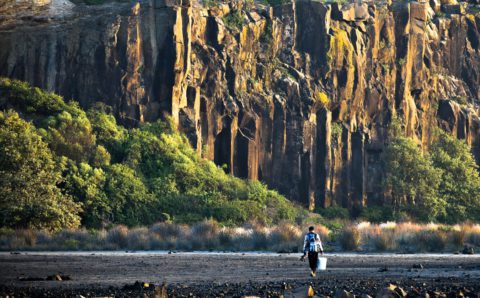Climate change is widely recognized as a serious problem and its effects have, unfortunately, been downplayed by people under the thumb of the fossil fuel lobbies. Not only are we experiencing unusual weather, but we are also facing the extinction of many animal species, some of which are instrumental for many global ecosystems (like bees, for example). So, the question is: is it too late to act and what can we do to alleviate some of the negative effects?
Climate Change Problems
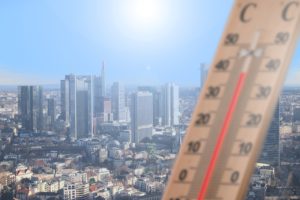
One phrase you hear used alongside climate change is global warming. It means that our planet is getting warmer and warmer which could present some catastrophic consequences.
While some people may think that this will only lead to a slightly warmer summer, it is more akin to heatwaves in certain areas, the polar caps melting, and the vegetation slowly dying out.
What is causing this? The main human-made contributor is the usage of fossil fuels for two reasons. First, the CO2 emission levels are rising, leading to the greenhouse effect. In other words, the heat from the sun that would normally dissipate stays, as if the earth were wearing a blanket. Secondly, fossil fuels are a finite resource and the deforestation caused by hunting for resources deprives landscapes of the shade provided by the trees. This also leads to erosion of the land and the disappearance of water, as there are no plants to hold it. More and more areas are becoming barren.
Climate Change Deniers
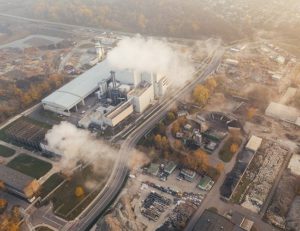
The biggest problem is not the existence of climate change deniers in general, but having climate change deniers in legislative positions. Politicians that are under the control, or at the very least the influence, of fossil fuel lobbies, either downplay or flat-out deny the existence of climate change. The arguments range from it being a conspiracy, to that the earth itself already emits a lot of CO2, and even to outrageous claims that using solar panels, for example, will somehow use all of the heat and light of the sun, preventing the plants from getting any.
What Happens Next
The aforementioned deforestation also causes wildlife to try and relocate to a more suitable environment, but that is not always possible and many species die out. Something similar is happening in the oceans, which are fluctuating beyond the comfort zone of the wildlife.
The climate is still there, but it is changing at an alarming rate. There are chaotic blizzards, monsoons, and heatwaves in places where there were none. With more rain in some places and the rise of sea levels in general, there is going to be a multitude of floods.
What Can Be Done?

The response to climate change has to be two-fold. We need to try and stop some of it, as well as do our best to adapt to the new environment. On a personal level, we need to focus our attention on using renewable energy sources, thus decreasing the demand for fuel and energy in general. We should also support wildlife habitats and participate in reforestation projects.
The part about adapting to the new environment still stands as the effects of climate change up to this point are still going to be felt in the coming decades, since the climate needs time to readjust to our new actions. The point is that there is already a lot of damage, but it is not too late to fix it.

